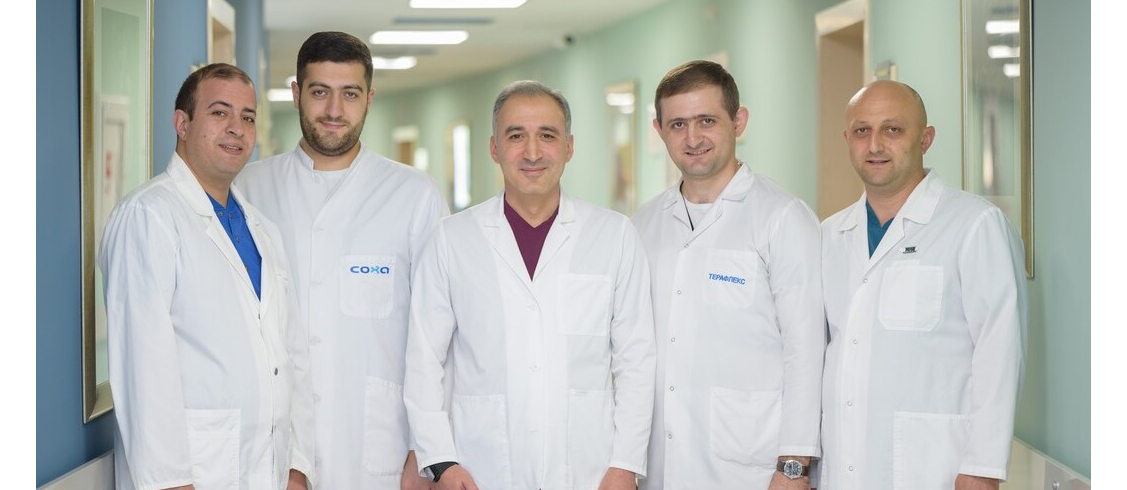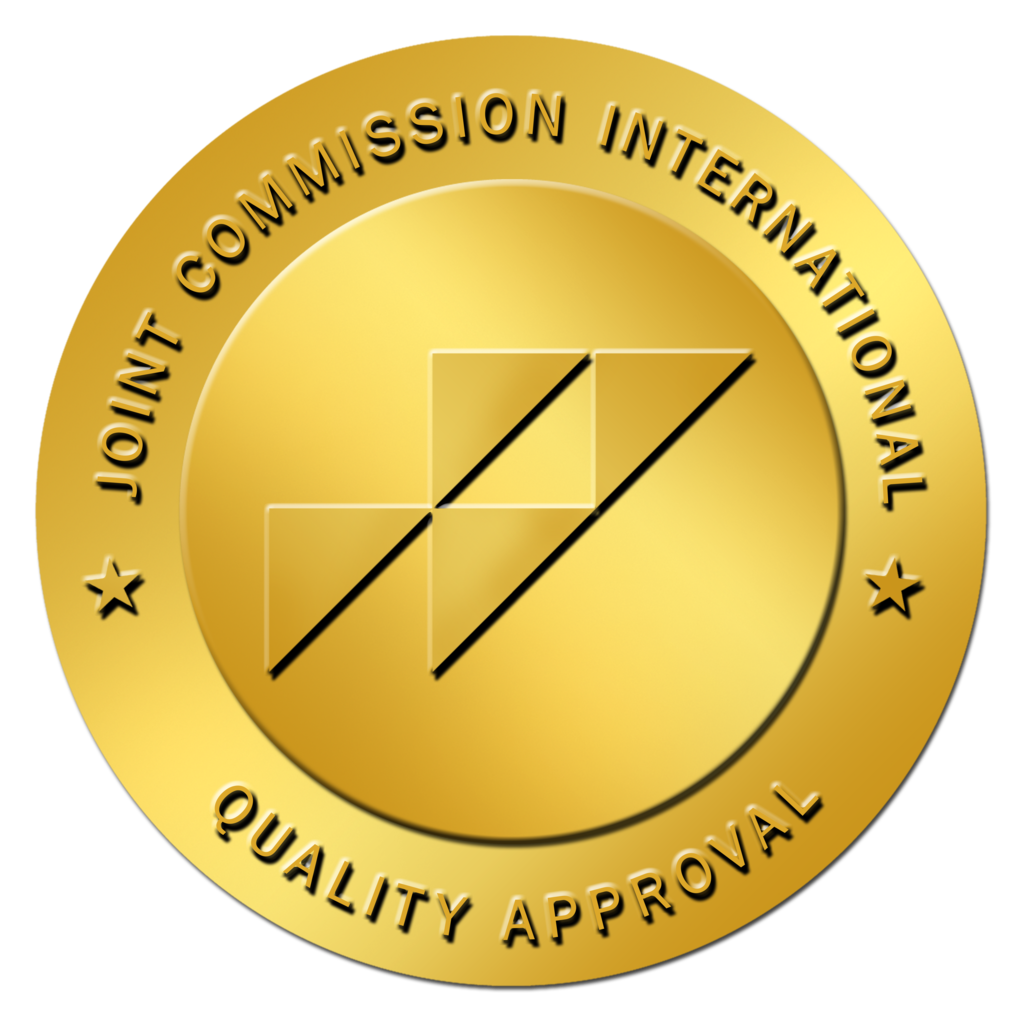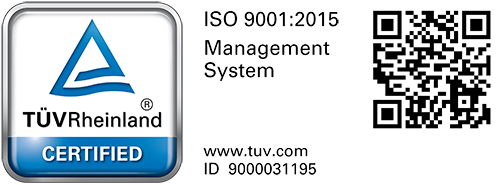Pancreatitis is an inflammation of the pancreas, which can occur in acute or chronic forms. The pancreas produces digestive enzymes, insulin, and plays a key role in digestion and metabolism. During inflammation, pancreatic enzymes become prematurely activated inside the gland, causing tissue damage and triggering an inflammatory reaction.
The treatment of pancreatitis is aimed at controlling inflammation, relieving pain, preventing complications, and restoring pancreatic function as much as possible. Timely and properly selected treatment helps avoid serious consequences, including chronic progression or secondary organ damage.
Symptoms of Pancreatitis
The main symptoms include:
- Severe pain in the upper abdomen, which may radiate to the back
- Nausea and recurrent vomiting
- Fever
- Loss of appetite
- Bloating and digestive disturbances
- Fatty, poorly digested stools
Acute pancreatitis develops suddenly and requires immediate medical care. Chronic pancreatitis may present with milder symptoms but leads to irreversible pancreatic changes over time.
Diagnosis of Pancreatitis
Accurate diagnosis requires a comprehensive approach, including clinical, laboratory, and imaging studies. At Nairi Medical Center, the following are performed:
- Blood biochemistry tests
- Complete blood count to assess signs of inflammation
- Ultrasound to evaluate gland size, structure, and fluid accumulation
- CT or MRI in complex cases
- Endoscopic examinations when indicated
Timely and accurate diagnosis allows the development of an effective treatment plan and helps prevent disease progression.
Pancreatitis Treatment
The treatment strategy depends on the severity and form of the disease. At Nairi Medical Center, an individualized approach is applied, which may include:
- Pharmacotherapy: pain relievers, anti-inflammatory drugs, enzyme preparations, antibiotics (as indicated)
- Diet therapy: a special diet reducing pancreatic load (excluding fatty, spicy, and fried foods)
- Infusion therapy to restore fluid and electrolyte balance
- Helicobacter pylori eradication if associated gastritis is present
- Surgical intervention in case of complications (cyst, abscess, necrosis)
In the acute stage, hospitalization and continuous medical monitoring are often required.
What to Do in Case of an Exacerbation
If pancreatitis worsens, immediate medical attention is required. Self-treatment or delay may lead to complications. Until medical consultation, it is recommended to:
- Stop food and alcohol intake (preferably fasting under medical supervision)
- Limit physical activity
- Avoid self-administration of painkillers or other drugs
At Nairi Medical Center, patients with exacerbations receive urgent admission, diagnosis, and treatment with modern equipment and the support of experienced specialists.
Where to Receive Pancreatitis Treatment in Yerevan
At Nairi Medical Center, pancreatitis treatment is carried out using a comprehensive approach, including advanced diagnostic methods, inpatient care, and multidisciplinary support. The center provides:
- High-level gastroenterology services
- Individualized treatment plans for each patient
- Modern equipment and laboratory facilities
- Rehabilitation and nutritional counseling
Our specialists follow international clinical guidelines, ensuring complete patient support and continuous monitoring throughout the treatment process.
To book an appointment, please call 89 00 or visit us at 21 Paronyan Street, Yerevan.








